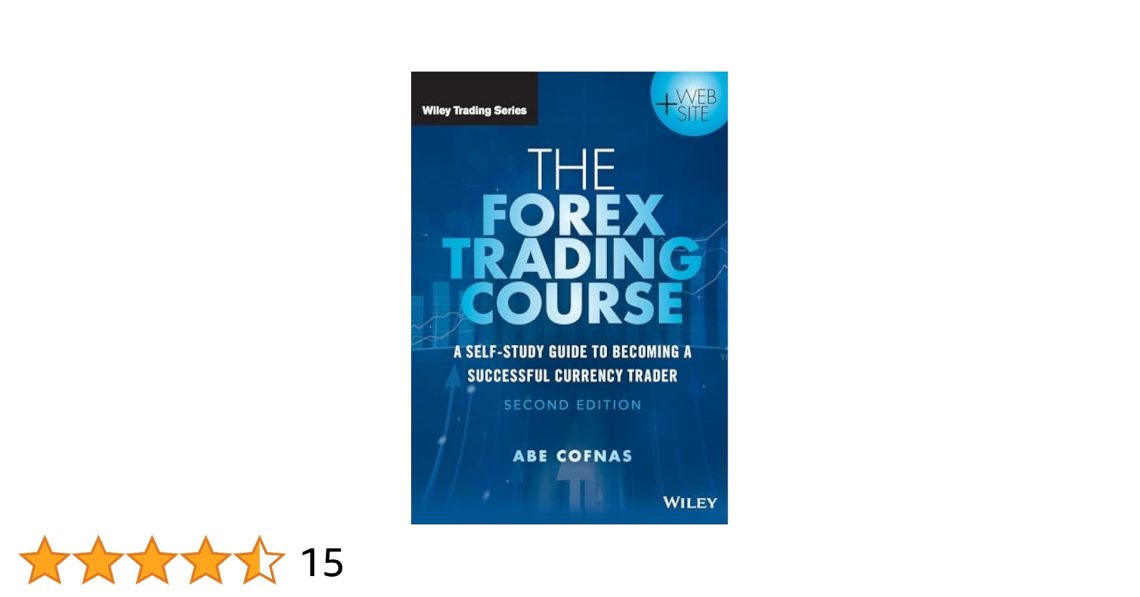So, you’re an F1 student in the US, juggling classes, cultural immersion, and maybe even a part-time job. The world of Forex trading has caught your eye, promising potential financial freedom. But a big question looms: Can you actually participate in Forex trading as an F1 student? It’s a valid concern, and navigating the legal and regulatory landscape can feel daunting. Let’s break it down and explore the possibilities, limitations, and crucial factors you need to consider before diving in.
Understanding Forex Trading for F1 Students
Forex trading, or foreign exchange trading, involves buying and selling currencies with the goal of profiting from fluctuations in their values. It’s a global, decentralized market that operates 24 hours a day, five days a week. But how does this fit into the life of an F1 student?
Is Forex Trading Considered Employment for F1 Students?
This is the million-dollar question, isn’t it? The key concern for F1 students is that their visa status strictly limits employment opportunities. Generally, F1 students are only permitted to work on-campus or participate in authorized off-campus programs like CPT or OPT. So, is Forex trading considered employment? The answer is nuanced.
If Forex trading is your primary source of income and requires significant time and effort, it could be viewed as unauthorized employment by immigration authorities. However, if it’s a hobby or a supplemental activity that doesn’t interfere with your studies and isn’t your main source of financial support, the risk is lower. But, it’s always best to err on the side of caution.
Here’s a helpful list to consider:
- Time Commitment: How many hours per week are you dedicating to Forex trading?
- Income Source: Is Forex trading your primary source of income, or just a supplement?
- Impact on Studies: Is Forex trading negatively affecting your academic performance?
Important Tip: Consult with your Designated School Official (DSO) at your university. They are the best resource for understanding how F1 regulations apply to your specific situation. They can provide personalized guidance and help you avoid any potential visa violations.
Navigating the Legal Landscape of Forex Trading as an F1 Student
Even if Forex trading isn’t considered employment, there are still legal and regulatory considerations to keep in mind. You’ll need to understand the tax implications and ensure you’re complying with all applicable laws.
Tax Implications of Forex Trading for F1 Students
As an F1 student, you’re generally considered a non-resident alien for tax purposes. This means you’ll be taxed differently than US citizens or permanent residents. Any profits you earn from Forex trading are likely subject to US income tax. It’s crucial to keep accurate records of your trades and consult with a tax professional to ensure you’re filing your taxes correctly.
Ignoring tax obligations can lead to serious penalties, including fines and even visa revocation. Don’t take this lightly!
Compliance with US Regulations for F1 Forex Traders
You’ll also need to comply with the regulations set forth by the Commodity Futures Trading Commission (CFTC) and the National Futures Association (NFA). These organizations regulate the Forex market in the US and aim to protect investors from fraud and manipulation. Make sure you’re trading through a reputable broker that is registered with these agencies.
Interesting Fact: The Forex market is the largest financial market in the world, with trillions of dollars changing hands every day. This high liquidity can offer opportunities for profit, but it also comes with significant risks.
Risks and Rewards of Forex Trading for International Students
Forex trading can be tempting, but it’s essential to understand the potential risks involved, especially when you’re on a student visa. Let’s weigh the pros and cons.
Potential Benefits of Forex Trading
The allure of Forex trading is understandable. It offers the potential for high returns, the flexibility to trade from anywhere with an internet connection, and the opportunity to learn about global finance. For some, it can be a way to supplement their income and gain valuable financial skills. But remember, these benefits come with significant caveats.
- Potential for Profit: Forex trading offers the opportunity to generate income.
- Flexibility: You can trade from anywhere, anytime.
- Learning Opportunity: Gain valuable knowledge about global finance.
Potential Risks of Forex Trading
The Forex market is highly volatile and complex. It’s easy to lose money quickly if you don’t have a solid understanding of trading strategies, risk management, and market analysis. Furthermore, the time commitment required for successful trading can be significant, potentially impacting your studies and violating the terms of your F1 visa. Ask yourself, are you truly prepared for the potential downsides?
Frequently Asked Questions (FAQ)
Ultimately, the decision of whether or not to engage in Forex trading as an F1 student is a personal one. Weigh the potential benefits against the risks, consult with your DSO and a tax professional, and ensure you’re complying with all applicable laws and regulations. Remember, your primary focus should always be your education and maintaining your legal status in the United States. Don’t let the allure of quick profits jeopardize your future. Think carefully, proceed cautiously, and prioritize your academic goals. Good luck!






